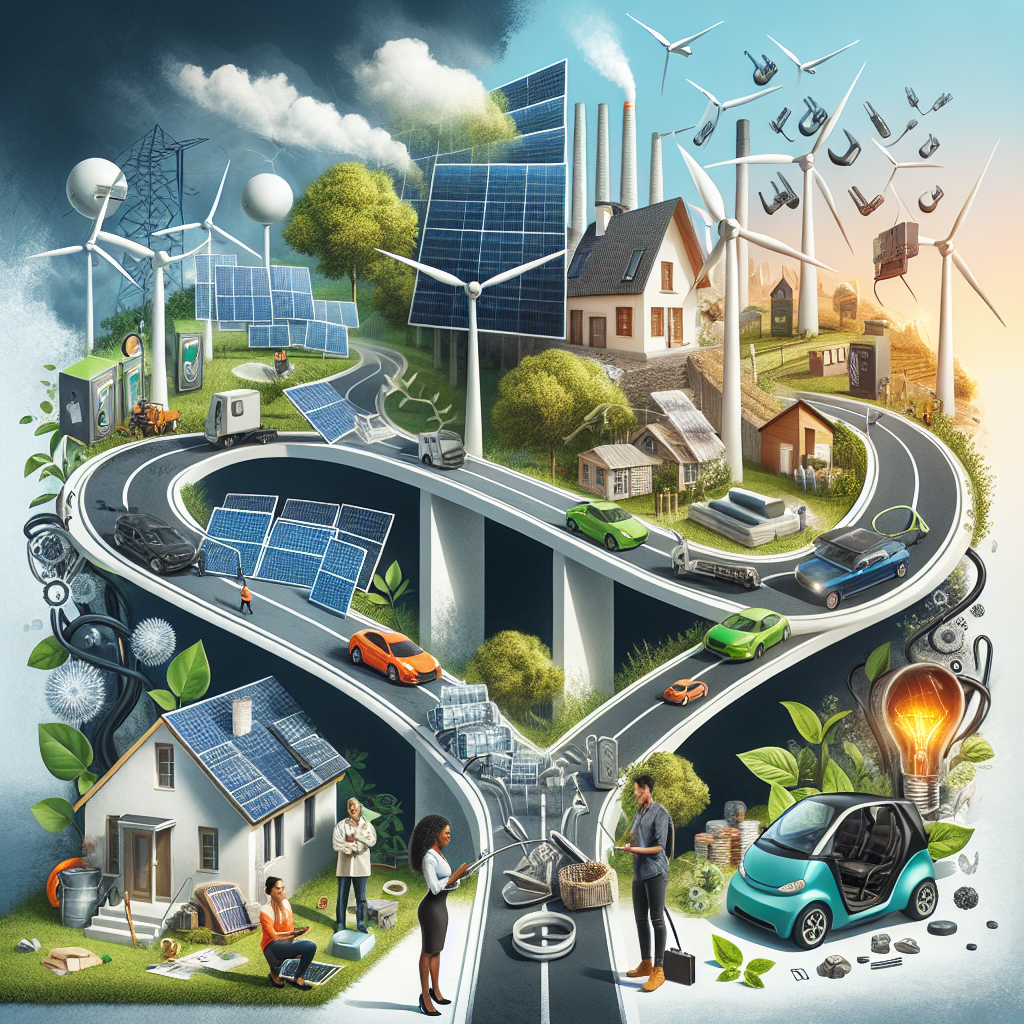Oceanly, a leading provider of fleet performance solutions, has issued a warning about the potential consequences of the current push for green fuels. According to the company, this push may actually lead to increased global emissions.
The main challenge with scaling green fuels is the high demand for renewable electricity. Current estimates suggest that the shipping industry would require a significant portion of the world’s renewable electricity production, which is a goal that seems unattainable in the near future.
Lerche-Tornoe, General Manager at Oceanly, explains, “While alternative fuels are undoubtedly part of the future, the current infrastructure and energy availability are simply not enough to support a full transition. Relying too heavily on green hydrogen could strain global renewable energy resources, as only a small fraction of today’s hydrogen production is classified as ‘green’.”
In order to effectively reduce emissions, there is a vital need for balance. Instead of solely focusing on green fuels, Lerche-Tornoe suggests that the shipping industry should prioritize immediate improvements in energy efficiency. This is especially important as the majority of vessels have yet to adopt energy-saving technologies, leaving room for significant progress.
Lerche-Tornoe also points out that there are inefficiencies involved in producing and using green fuels. For example, there is an 80% energy loss from renewable electricity production via green hydrogen and e-fuels to a ship’s propeller. This further emphasizes the need for a more balanced approach.
According to Clarkson Research (2023), 75% of the world’s fleet has yet to install any energy-saving devices. This highlights the urgent need for the shipping industry to prioritize smarter practices and incremental improvements until renewable technologies become more accessible.
In conclusion, while green fuels are undoubtedly a crucial part of reducing emissions in the long run, it is important to focus on achievable and immediate improvements in energy efficiency. This will not only help to reduce emissions now but also prepare the industry for a smoother transition to green fuels in the future.

